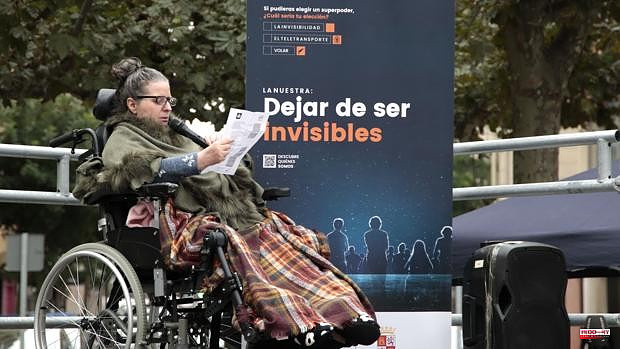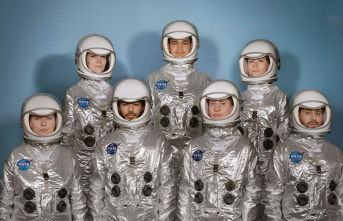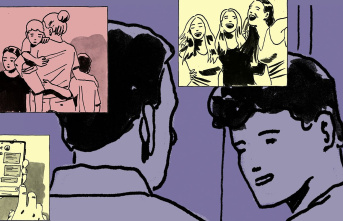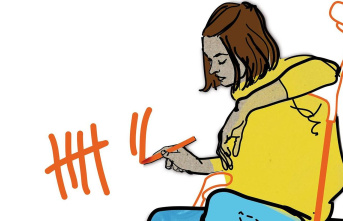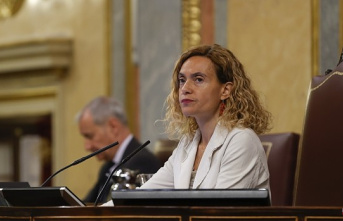The Castilian Leonese Association of Associations for the Care of People with Cerebral Palsy and Related (ASPECYL) requests, on the occasion of the celebration tomorrow, Tuesday, June 28, of the Regional Day of Cerebral Palsy that this group cease to be invisible and can take your decisions about your life with the supports that are necessary.
The group claims "the need to ensure care benefits and services for people with cerebral palsy, with a Comprehensive Person-Centered Care Plan, which takes into account their needs and preferences."
People with cerebral palsy and great support needs require human support 24 hours a day, seven days a week, in order to develop their lives and participate.
They receive this support from professionals and caregivers in their homes, but also in residences, day centers or occupational centers, so they should not disappear, but rather be made more flexible so that they respond to the needs, desires and preferences of people.
It is about carrying out a "tailored suit" with each person with cerebral palsy, in which their support needs are defined and adjusted to the care they receive to respect their rights and that they can make the decisions that lead them to develop an independent life.
One in 500 people has cerebral palsy. There are 17 million in the world, 120,000 live in Spain and in Castilla y León there are more than 2,500 people with cerebral palsy. As a result of their situation of multiple disabilities, most of them present a situation of dependency, in fact, almost 80 percent of people with cerebral palsy and other related disabilities have great needs for support, whether physical, intellectual, communicational, or by a combination of two or more factors.
Therefore, they express their concern about the situation of these people who require intense and generalized support to carry out all the activities of daily life. "It is necessary to develop social policies that favor people with cerebral palsy to live their own lives with fullness and dignity."
To do this, they indicate, they need the help of all the agents involved in improving the quality of life of people with great support needs and that of their families. "From ASPACE we want to make visible the inherent value of all people with equal rights, as recognized by the UN Convention on the rights of people with disabilities," reports Ical.
The ASPACE Movement has been working for some time from the social rights approach to adjust it to the reality of people with cerebral palsy and great support needs. In this sense, they are committed to the participation and exercise of the rights of all people, as well as respect for their wishes and preferences, offering them all the support they need to lead an independent life.

